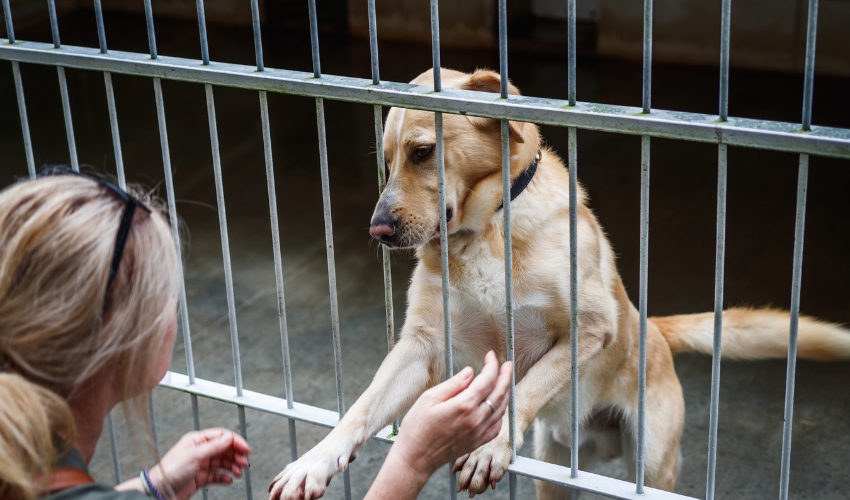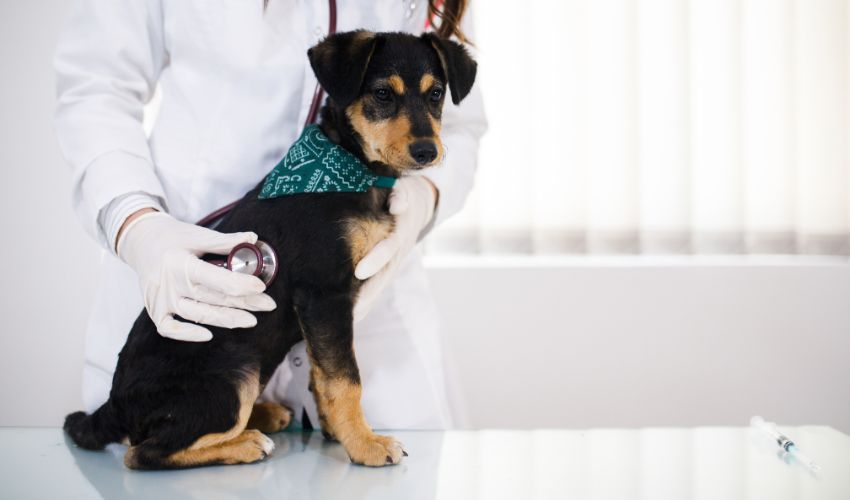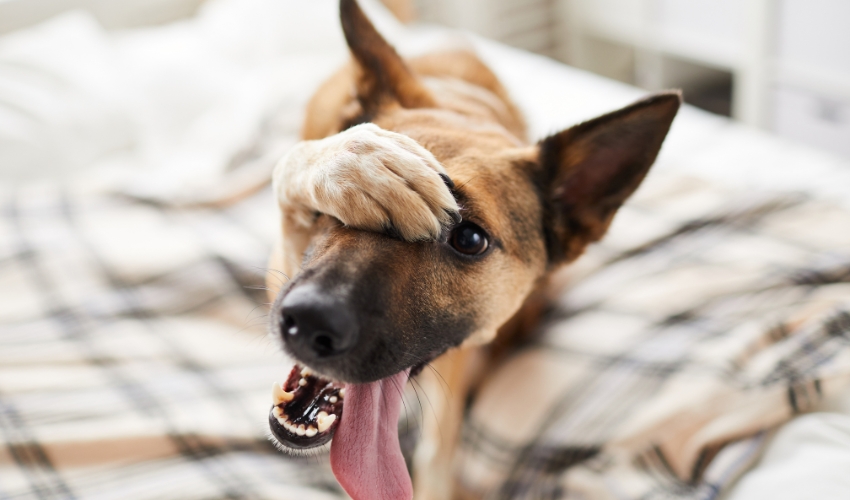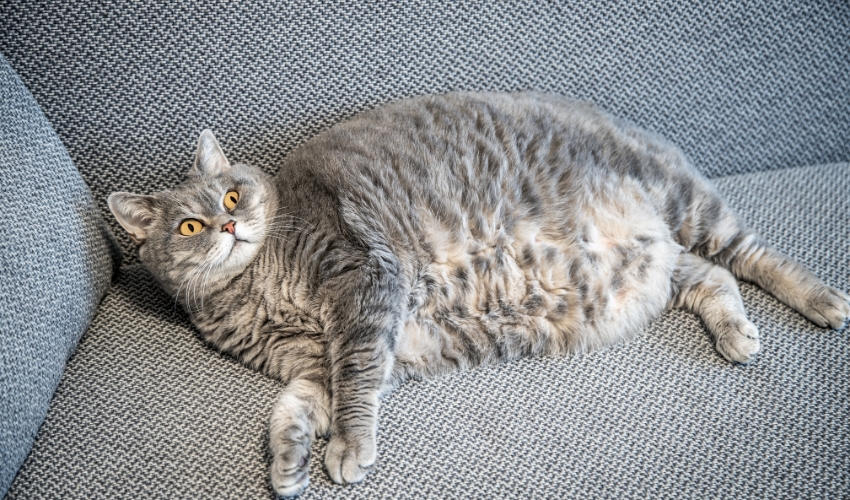Its been several weeks since my last blog post – and I’m sorry for that! A couple of you have asked me if I stopped doing them, and I assure you I haven’t But these last few weeks have been unbel ievably hectic, with lots of travel and excitement, as well as the stress of writing grants to fund the study that I’ll be kicking off this summer with a local farm animal sanctuary here in Madison. Therefore, nearly all of my energies – both physical and mental – over the past several weeks have focused on something I really hate to focus on: money. I hate thinking about money for a number of reasons which I won’t get into here, but it doesn’t change the fact that we all need it to live on, and it is also a necessary component of all scientific research. That’s because in short, science is expensive, very expensive. Without funding, great hypothesis go untested, unique and novel ideas sit by the wayside, and talented scientists challenging the forefront of the possible, move on to other fields and professions (i.e. administration) or hang on by a thread hoping that some day they’ll get their big break.
ievably hectic, with lots of travel and excitement, as well as the stress of writing grants to fund the study that I’ll be kicking off this summer with a local farm animal sanctuary here in Madison. Therefore, nearly all of my energies – both physical and mental – over the past several weeks have focused on something I really hate to focus on: money. I hate thinking about money for a number of reasons which I won’t get into here, but it doesn’t change the fact that we all need it to live on, and it is also a necessary component of all scientific research. That’s because in short, science is expensive, very expensive. Without funding, great hypothesis go untested, unique and novel ideas sit by the wayside, and talented scientists challenging the forefront of the possible, move on to other fields and professions (i.e. administration) or hang on by a thread hoping that some day they’ll get their big break.
As a new scientists hoping to one day make my own marks in the world of science in the animal-human bond, I have to admit I’ve been deeply discouraged by recent turns in the political climate around funding for scientific research. A recent facebook debate on this topic revealed that these recent moves will increase private sector funding for research, and that this could increase innovation and fudning in ways that aren’t possible via government funding. There may be some truth in this – time will tell. But private funding comes with strings attached…and it can be problematic. This is particularly true for those of us working on scientific studies of the animal-human connection, where research funded via pet food and pet supply companies, is suspect in the eyes of skeptics and critics of this work. Government funding, which is overseen by groups of experts who have the capabilities, experience, knowledge and expertise to evaluate proposals, study designs, statistical analysis plans, timelines, and budgets is very important in terms of increasing the credibility and status of our work.
The current political climate toward science is straining for researchers who are finding that we’re having to be more creative than ever. We need to look for the hook in our work that will be exciting and interesting to potential funders, and broaden our field of collaborators and seek partnerships that span multiple disciplines and theoretical spaces, all aspects which open up a greater pool of potential funding and increase chances of obtaining it, given that funders love to see interdisciplinary work. But this climate also means that we have  to pare down our often very ambitious goals and more often than not “play it safe.” By which I mean, test those things we think are most likely to have the results we expect and design our studies with a “win” at the end. Such studies will please the funders, generate publications, improve our careers, and ultimately increase our chances of continuing to receive funding for our work.
to pare down our often very ambitious goals and more often than not “play it safe.” By which I mean, test those things we think are most likely to have the results we expect and design our studies with a “win” at the end. Such studies will please the funders, generate publications, improve our careers, and ultimately increase our chances of continuing to receive funding for our work.
But this climate also means that creativity and innovation may be stifled. In order for leaps in scientific progress to be made, we must be bold, willing to fail, and ready to get up, dust ourselves off and try again. And again. And again. A scientific funding climate that rewards playing it safe means there is less room for error, a decreased willingness to take risks, and a general sense of fear and panic among those we depend on to be bold in doing the hard work of science.
I have applied for three grants this year, and received rejections on two, with one pending. I’m fully expecting another rejection, and looking forward to the reviews to see how our work is perceived of by funders and their suggestions as to how to make this truly unique and out of the box study more fundable. The reviews will help me to orient my revisions and subsequent proposals but it will be up to me to determine how far I am willing to dial back those aspects of this work that render it in the “unsafe” category for funders.
I’m not sure where I will land on all of this. Will I have the courage to be bold, willing to fail, and keep on trying? I hope so…but at the end of the day, I still have to put food in the bowls of my furry family members. I will keep you all posted.











